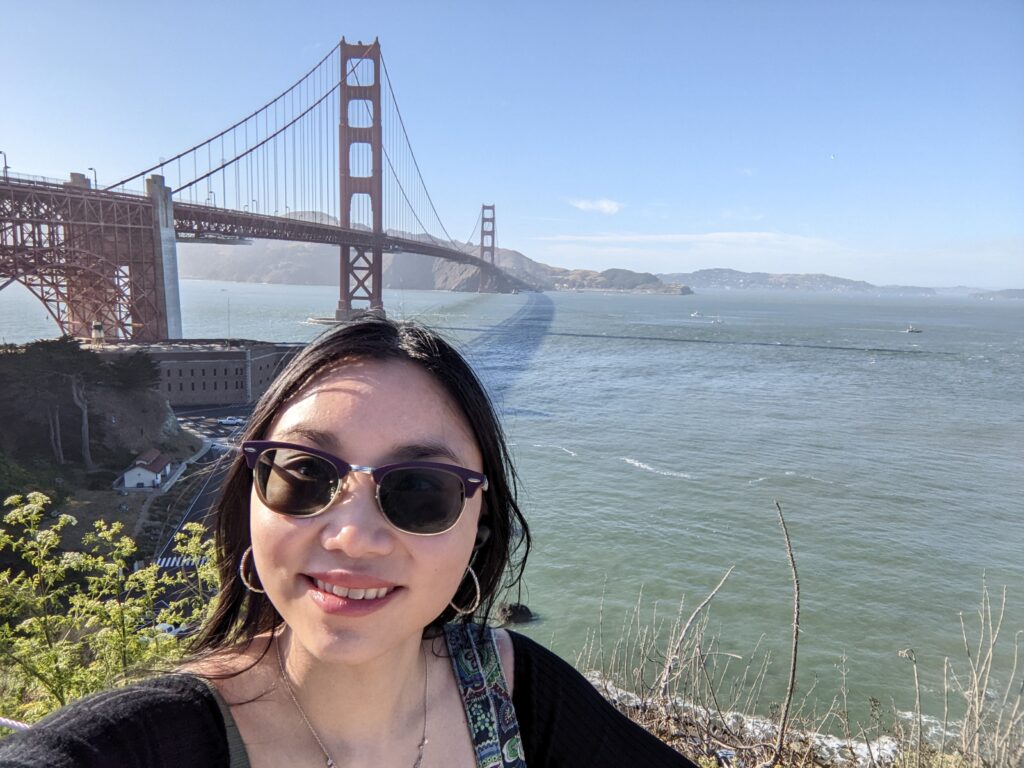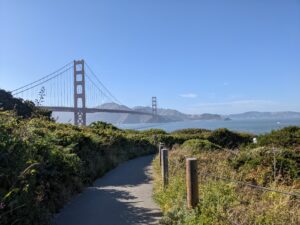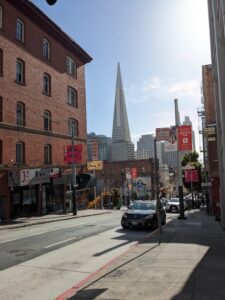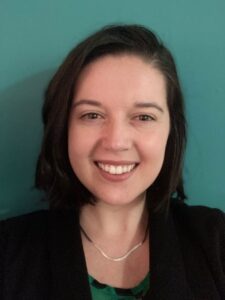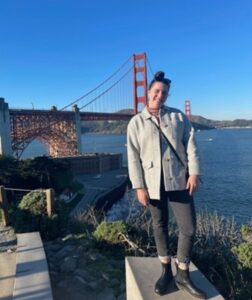
Hi all,
I am an MPH student in the global health concentration at UNC. Prior to starting my MPH at UNC, I graduated from The University of Virginia with a BSEd in kinesiology. Some of the areas that I’m passionate about include contraceptive access, abortion care, and menstrual health.
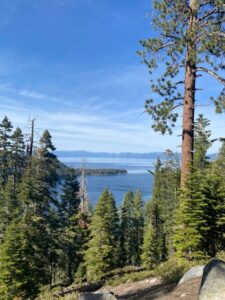
For my summer practicum, I am working with EngenderHealth as an Impact, Research, and Evaluation Intern. EngenderHealth is “a global organization committed to advancing sexual and reproductive health and rights and gender equality”. They work around the world to support individuals, communities, healthcare systems in delivering high-quality, gender-equitable programs and services. Through the internship, I will support EngenderHealth’s team to develop a manuscript and run data analyses on a project currently being carried out in Addis Ababa, Ethiopia. The manuscript will serve to synthesize information collected from in-school and out-of-school adolescents on perceptions of knowledge, behaviors, and attitudes related to sexual and reproductive health. Currently, I am in the processes of finalizing the data in hopes of moving to the literature review and manuscript writing phase in the next few weeks. My hopes for this internship are to be able to apply many of the skills that I learned in my first year of the MPH such as statistical skills as well as health communication. I also hope to gain an understanding of how non-profit organizations carry out their goals and how they center the communities they work in throughout that work.
Outside of the practicum, I have been enjoying my summer break, exploring Sacramento and the other parts of California while visiting with my sister.
-Lara

